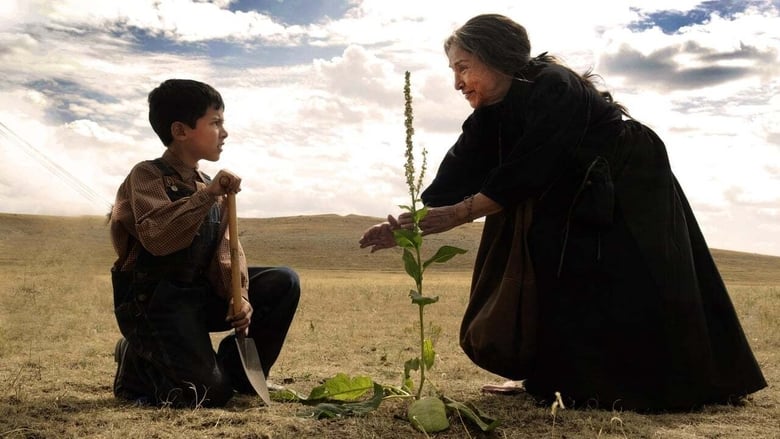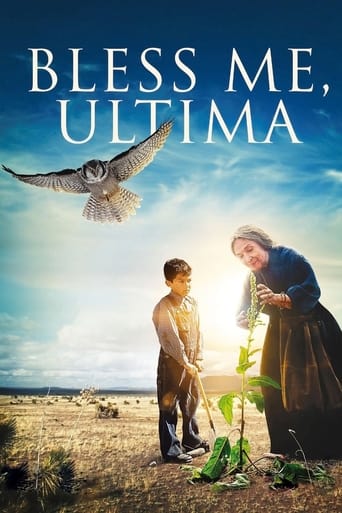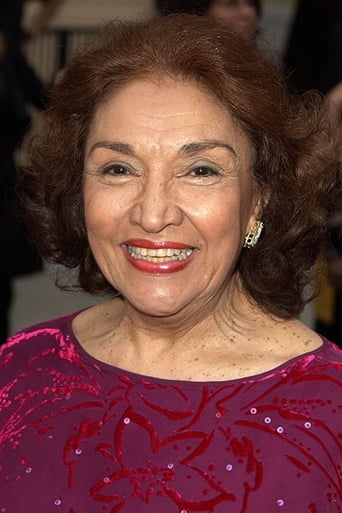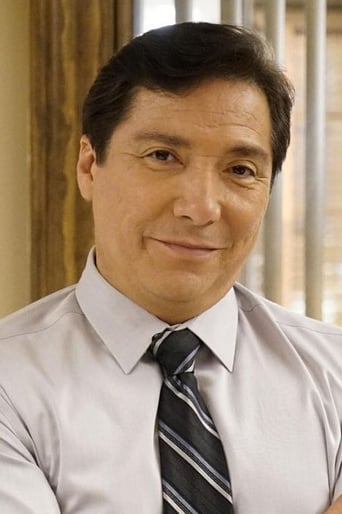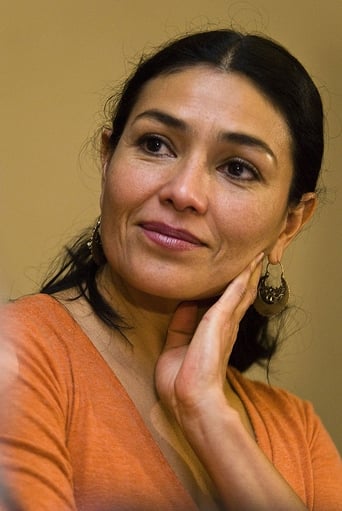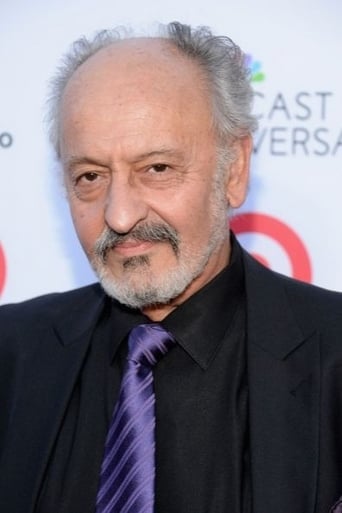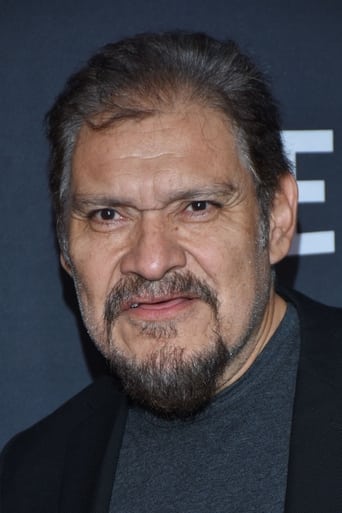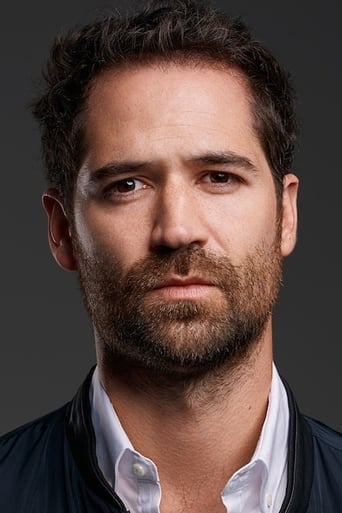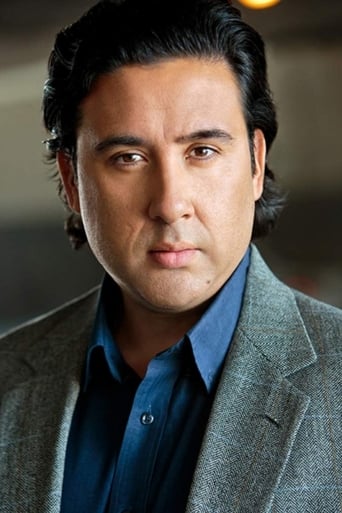In a village in New Mexico, the life of young farm boy Antonio is dramatically changed when an old medicine woman joins his household. This affecting coming-of-age tale recounts Antonio's experiences to reveal the spiritual conflict in his community.
Reviews
Wonderfully offbeat film!
The movie's neither hopeful in contrived ways, nor hopeless in different contrived ways. Somehow it manages to be wonderful
what a terribly boring film. I'm sorry but this is absolutely not deserving of best picture and will be forgotten quickly. Entertaining and engaging cinema? No. Nothing performances with flat faces and mistaking silence for subtlety.
Great story, amazing characters, superb action, enthralling cinematography. Yes, this is something I am glad I spent money on.
In this 2013 film, "Bless Me, Ultima",(Directed and Screen played by Carl Franklin and based on the novel by Rudolfo Anaya) displays a spiritual and generally hardworking town of old time agricultural Chicano people living in New Mexico during WW2. The film focuses on the protagonist, Antonio, who's curiosity places him in difficult and mature situations inside and outside of his home. The character whom had the opportunity to play Antonio contained a significant amount of innocence in which stripped the movie from a major memorable aspect. Antonio's character in the novel had questionable innocence due to what he has seen and how his curiosity puts him in dangerous situations where as in the film his ability to seek something potentially helpful to his learning process pushed him more towards innocence due to his looks and approach towards obstacles. In one of the first dangerous scenes in the film in which Lupito was killed, Antonio was in the grass hiding to watch what was happening on the bridge and the director uses a a medium long shot to show Antonio in the grass to make him appear small and innocent and the purpose of this scene was to show a small piece of his innocence being stripped but actually the scene made Antonio contain more innocence due to his facial expression and how expressed his feelings in the scene by running away extremely scared. In the film, Antonio continued to be graceful in all his actions and didn't really show his extremely spiritual side in comparison with the novel because the power of good rarely appeared in connection with Antonio in the novel. I know that the movie cannot be exactly like the book, but the movie lacked certain aspects of the book in which completed the book for example, the golden carp was completely disregarded in the making of the film. The golden carp is what made Antonio seem to slowly seem less innocent because he began to believe in many different spiritual theories. If the movie contained a loss of innocence and a widened since of religion, this would make the movie more interesting and meaningful.
Carl Franklin did an admirable job in "Bless Me, Ultima". The movie itself followed the book correctly which is what I like in a movie. But that is not the wow-factor that made this movie stand out in my opinion. Franklin's use of Diegetic Sound and Extreme Long Shots really allowed the setting to stand out visually, audibly and perhaps emotionally. The land is one of the most treasured factors of the book and is made important in the movie as well. The ambiance is inordinately imperative and consequential in any movie but more so in this movie. Franklin's use of Diegetic Sound is just outright prodigious. He allows the setting to stand out not only visually, but audibly. These scant yet meaningful sounds that allow the land to really protrude through the stereotypical meaning of a setting to almost make the land come to life. In the book, the "llano" was one of the biggest components. The way Franklin also avails Extreme Long Shots very well. At almost every conversion there is an Extreme Long Shot so the audience can see the land at numerous angles, to really seize the importance of the land to its people. More so when Ultima and Antonio pick out herbs there are multiple Extreme or Normal Long Shots so the audience can get a great glimpse of the "llano". Those two aspects of the film are really what stood out to me in the audience because of how detailed each transition was along with the sound quality to make the land really speak for itself.
I thought that Franklin's use of long shots and diegetic sounds really emphasized the connection that the characters had with nature. The long shots of the family at the Luna's when harvesting with the few close ups on the characters interacting with nature showed the respect and care they had for the land. The natural sounds, which could also be described as diegetic, also were a constant reminder to the viewer that nature is everywhere. However, some of these aspects were used at the wrong time. The extreme long shot during the scene where Narciso is killed creates a distancing of the event when in reality his death carries a huge impact on Antonio. The sound of the rain also seemed to drown out the dialogue between Antonio and Narciso as he asks for confession before he dies which was a major realization for Antonio in his debate on whether or not to be a priest.Overall I found that the film seemed more like a vague summary of the book rather than the actual story. The acting was very dull and flat. While I understand that it is hard to put a whole book into a movie, I feel as though Franklin missed the major theme of the book. The book contains more of Antonio's internal struggle as he searches for his identity while the movie hardly displays any of distress. The movie would have been improved drastically if Franklin had included this crucial part of the story.
Both the movie and the book for Bless Me, Ultima have very intense scenes. The lessons they teach are very relatable. They question elements of morality and social prejudice that really allow you to think deeply about actual life. The movie gets the upper hand in that the music played really intensifies the mood and allows you to feel the emotion behind every single scene that the book is unable to do. The book however is very good as well. Since you actually get to read what is going on, I feel like you can really get a better and deeper understanding of Antonio's thoughts. Reading his narration throughout the whole book allows a reader to get to know him on a very personal level. I felt like I knew Antonio more from reading his thoughts in the book than watching him in the movie. The movie does leave out certain aspects of the book that I feel were very important but nonetheless it did not add any nonsense and followed the storyline pretty well in my opinion.
Top Streaming Movies











